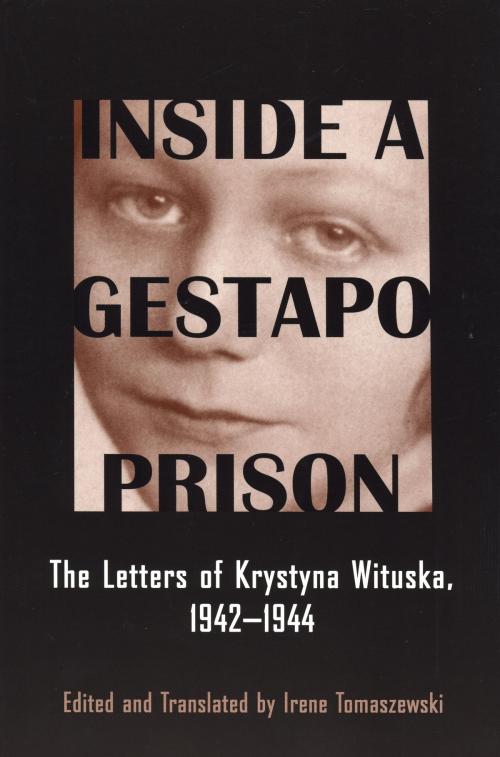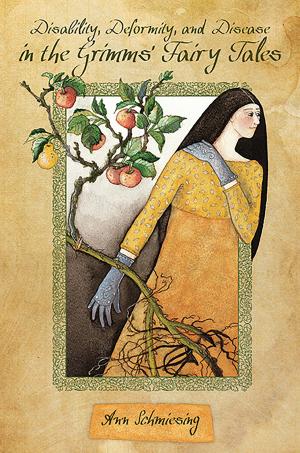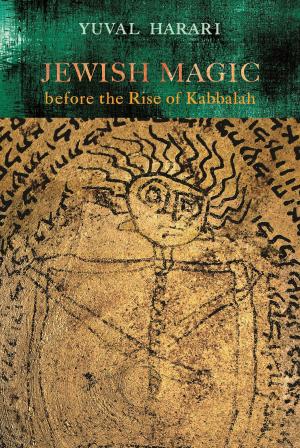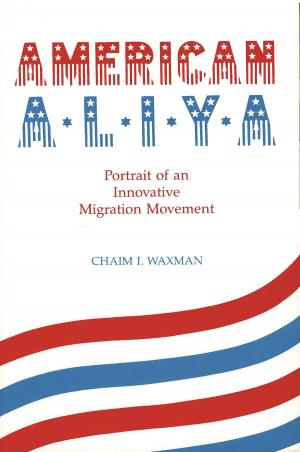Inside a Gestapo Prison
The Letters of Krystyna Wituska, 1942-1944
Nonfiction, History, Jewish, Holocaust, Fiction & Literature, Essays & Letters, Social & Cultural Studies, Social Science| Author: | Irene Tomaszewski | ISBN: | 9780814338872 |
| Publisher: | Wayne State University Press | Publication: | May 18, 2006 |
| Imprint: | Wayne State University Press | Language: | English |
| Author: | Irene Tomaszewski |
| ISBN: | 9780814338872 |
| Publisher: | Wayne State University Press |
| Publication: | May 18, 2006 |
| Imprint: | Wayne State University Press |
| Language: | English |
On the eve of World War II, Krystyna Wituska, a carefree teenager attending finishing school in Switzerland, returned to Poland. During the occupation, when she was twenty years old, she drifted into the Polish Underground. By her own admission, she was attracted first by the adventure, but her youthful bravado soon turned into a mental and spiritual mastery over fear. Because Krystyna spoke fluent German, she was assigned to collect information on German troop movements at Warsaw's airport. In 1942, at age twenty-one, she was arrested by the Gestapo and transferred to prison in Berlin, where she was executed two years later. Eighty of the letters that Krystyna wrote in the last eighteen months of her life are translated and collected in this volume. The letters, together with an introduction providing historical background to Krystyna's arrest, constitute a little-known and authentic record of the treatment of ethnic Poles under German occupation, the experience of Polish prisoners in German custody, and a glimpse into the prisons of Berlin. Krystyna's letters also reflect her own courage, idealism, faith, and sense of humor. As a classroom text, this book relates nicely to contemporary discussions of racism, nationalism, patriotism, human rights, and stereotypes.
On the eve of World War II, Krystyna Wituska, a carefree teenager attending finishing school in Switzerland, returned to Poland. During the occupation, when she was twenty years old, she drifted into the Polish Underground. By her own admission, she was attracted first by the adventure, but her youthful bravado soon turned into a mental and spiritual mastery over fear. Because Krystyna spoke fluent German, she was assigned to collect information on German troop movements at Warsaw's airport. In 1942, at age twenty-one, she was arrested by the Gestapo and transferred to prison in Berlin, where she was executed two years later. Eighty of the letters that Krystyna wrote in the last eighteen months of her life are translated and collected in this volume. The letters, together with an introduction providing historical background to Krystyna's arrest, constitute a little-known and authentic record of the treatment of ethnic Poles under German occupation, the experience of Polish prisoners in German custody, and a glimpse into the prisons of Berlin. Krystyna's letters also reflect her own courage, idealism, faith, and sense of humor. As a classroom text, this book relates nicely to contemporary discussions of racism, nationalism, patriotism, human rights, and stereotypes.















